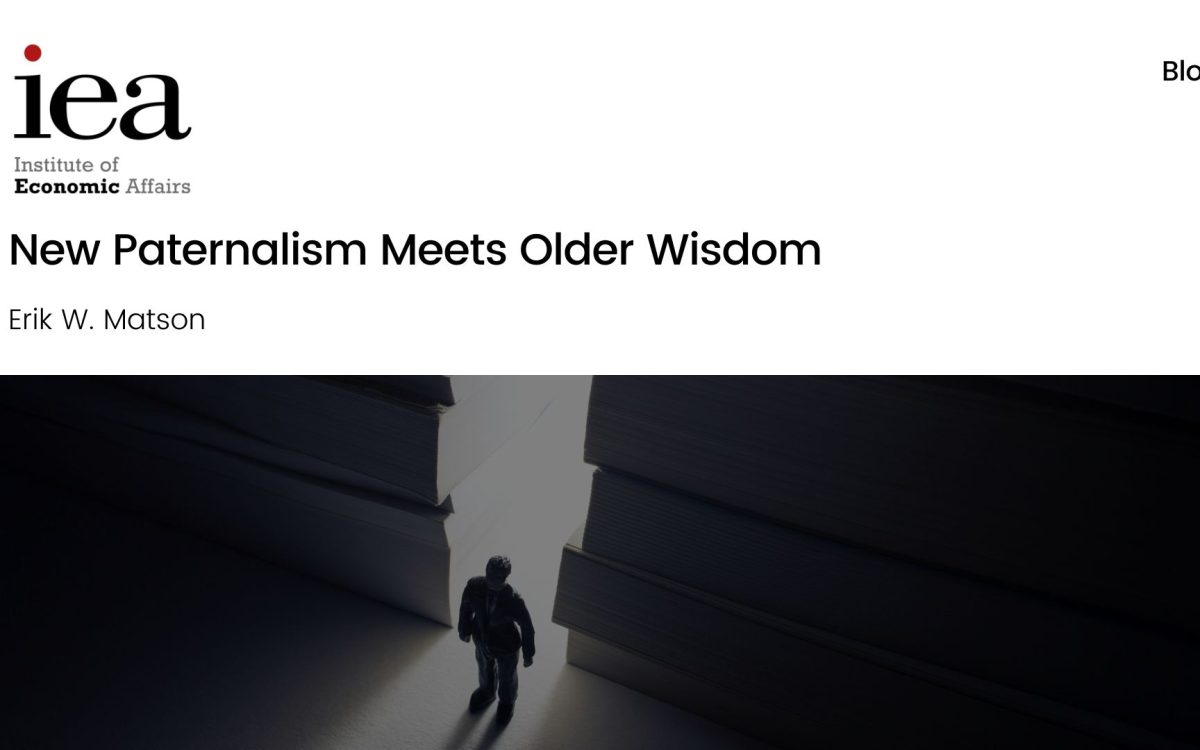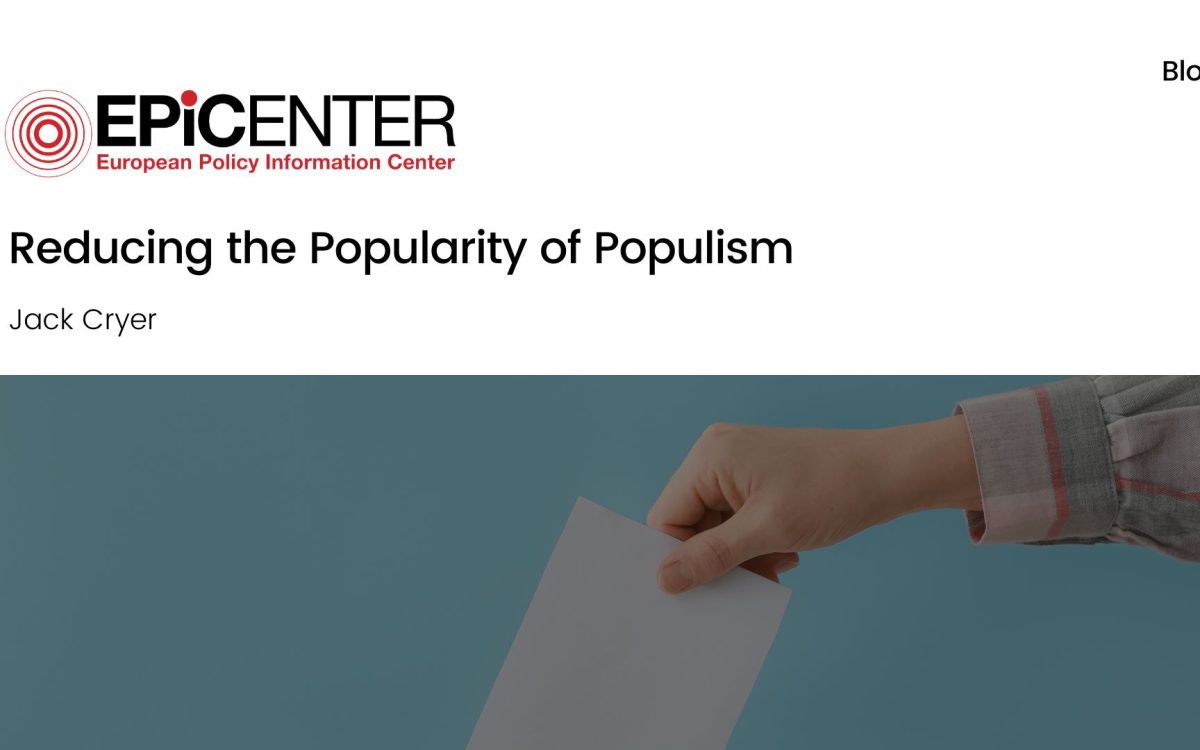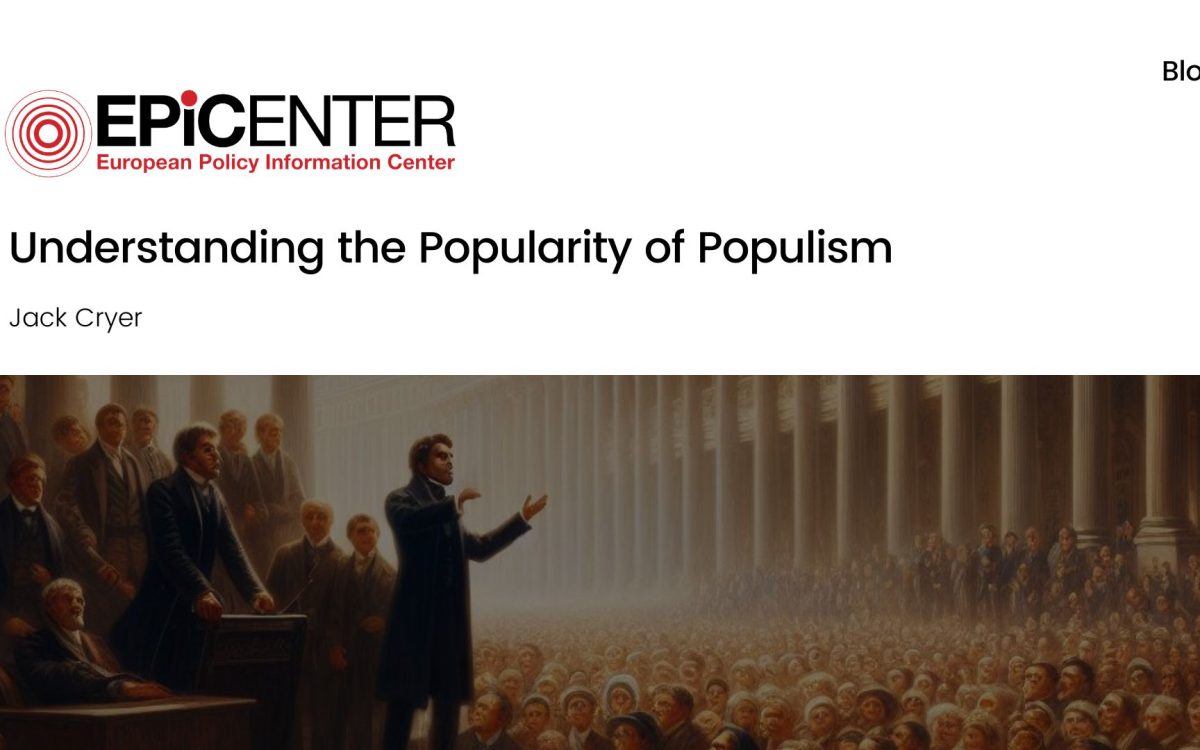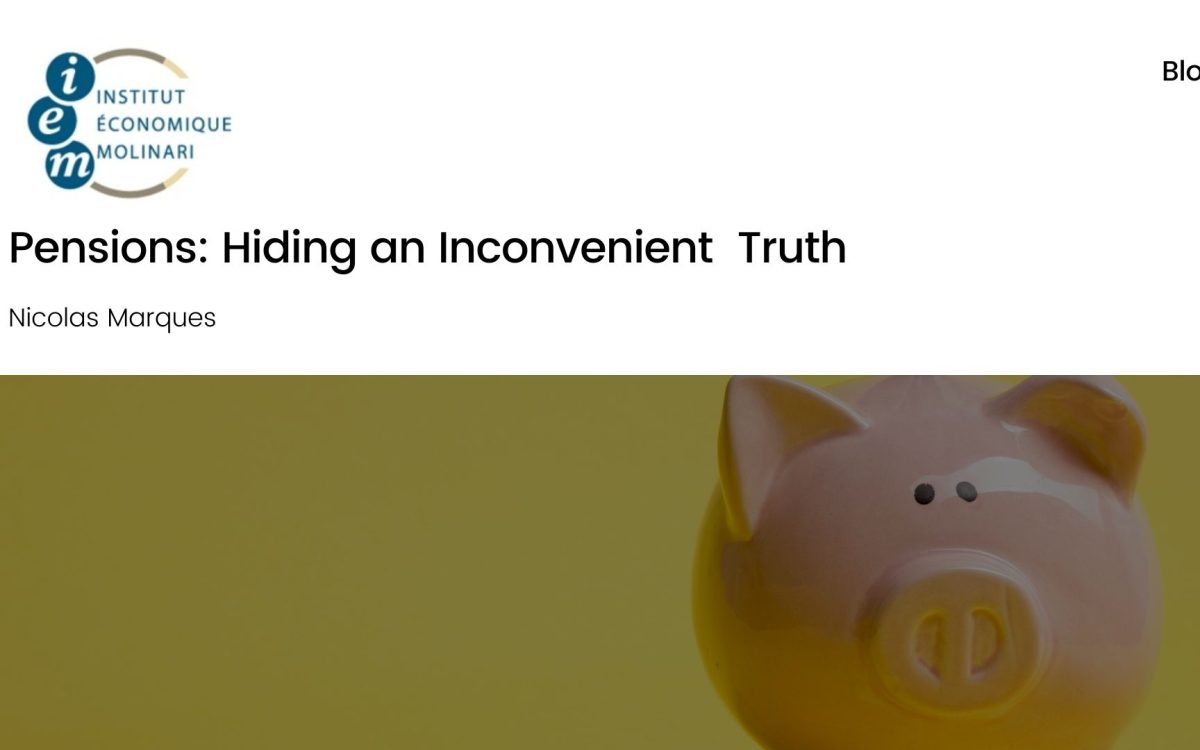The Flight of Big Businesses Weakens Putin
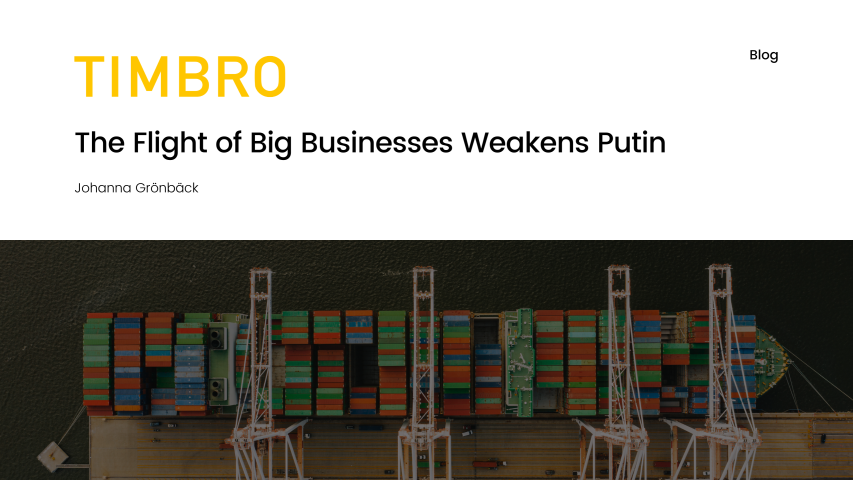
The Flight of Big Businesses Weakens Putin
Johanna Grönbäck // 11 April 2022
When big companies like Ikea and Apple leave Russia, it puts pressure on the Putin regime. Critics of globalisation are forced to realise that multinational companies are far from the amoral actors they are often described as.
For 30 years, multinational companies have been part of Russian society. The Financial Times has even described the influence of such companies in Russia as too significant.
Many companies are now closing, pausing, or blocking their operations in Russia, including McDonald’s, Starbucks, Coca-Cola, General Motors, Airbnb, Apple, IBM, Netflix, Disney, Shell, Mastercard, John Deere, Puma, and FedEx, as well as Swedish companies such as Ikea, H&M, and Stora Enso. Even Spotify, which had planned to expand its operations early during the invasion, has now closed its Russian office. More than 300 international companies have announced that they will leave Russia in protest of the war.
companies, these are costly decisions. But doing nothing would probably cost them even.
Many of the companies leaving Russia are among the world’s largest and most highly valued. If companies were counted as economies, some of the world’s top 100 would be found among those leaving. This is the kind of categorisation made by, among others, academic and activist David C. Korten, who in his book, When Corporations Rule the World (2015), pointed out that, for example, General Motors sales in 1992 were as large as the combined GDP (gross domestic product) of Tanzania, Ethiopia, Nepal, Bangladesh, Congo-Kinshasas (then Zaire), Uganda, Nigeria, Kenya, and Pakistan. This calculation can of course be questioned, partly because the profits of multinational companies usually make up a fraction of their sales.
But such large companies are often regarded as powerful players, on par with states and other global institutions. This has historically led the left to that has occasionally turned into a critique of globalisation.
The problem that the left and even parts of the right highlight is that governments have lost power over companies. Due to their size, companies have been given a negotiating position which, at least in theory, allows them to choose the countries they want to operate in based on which offer the best conditions. It is a ‘big problem’, writes for example the digital teaching resource, met, that transnational companies have ‘the whole world’ as an alternative market and thus have also ‘reduced obligations to their host countries’.
But what was previously described as a problem has in recent weeks proven to be an advantage. In the international order, the influence of the market has become prominent. . In the free market, the common virtues and morals of many customers are coordinated into a strong force, and can, by withholding spending, punish both companies and governments.
In Russia, multinational corporations are now using their diminished obligations to exercise power over the regime.
Vladimir Putin’s worldview is different from the one that dominates in the rest of the world. The role of states in international politics is now less about power, in the sense of states’ survival, and more about the that attracts and creates favourable conditions for companies, which in turn contributes to a country’s prosperity.
Prosperity is important for a country’s stability. Threats to a regime today are more often internal than external, and even an authoritarian state needs relatively satisfied citizens to survive.
, companies offer something that Russian citizens want and will miss. And that is something Putin can never offer. In recent years, Putin’s has been based more on nationalism and less on a high standard of living. But losing what one has become accustomed to, for example, an Ikea lifestyle, hits harder than the promise of a future increase in prosperity going unrealised.
, the relationship between companies and states is seen as a zero-sum game, where market gain means the loss of democracy and vice versa. It is now being proven that companies are part of the democratic world and its sanctions against Russia.
There are aspects of multinational companies that deserve criticism and discussion, but the market in which they exist and operate consists of people with morals and values. When those values clearly point in the same direction, the market also proceeds along that path.
This article was originally published by Timbro in Swedish. The English version was translated by Mathew Lloyd.
EPICENTER publications and contributions from our member think tanks are designed to promote the discussion of economic issues and the role of markets in solving economic and social problems. As with all EPICENTER publications, the views expressed here are those of the author and not EPICENTER or its member think tanks (which have no corporate view).
